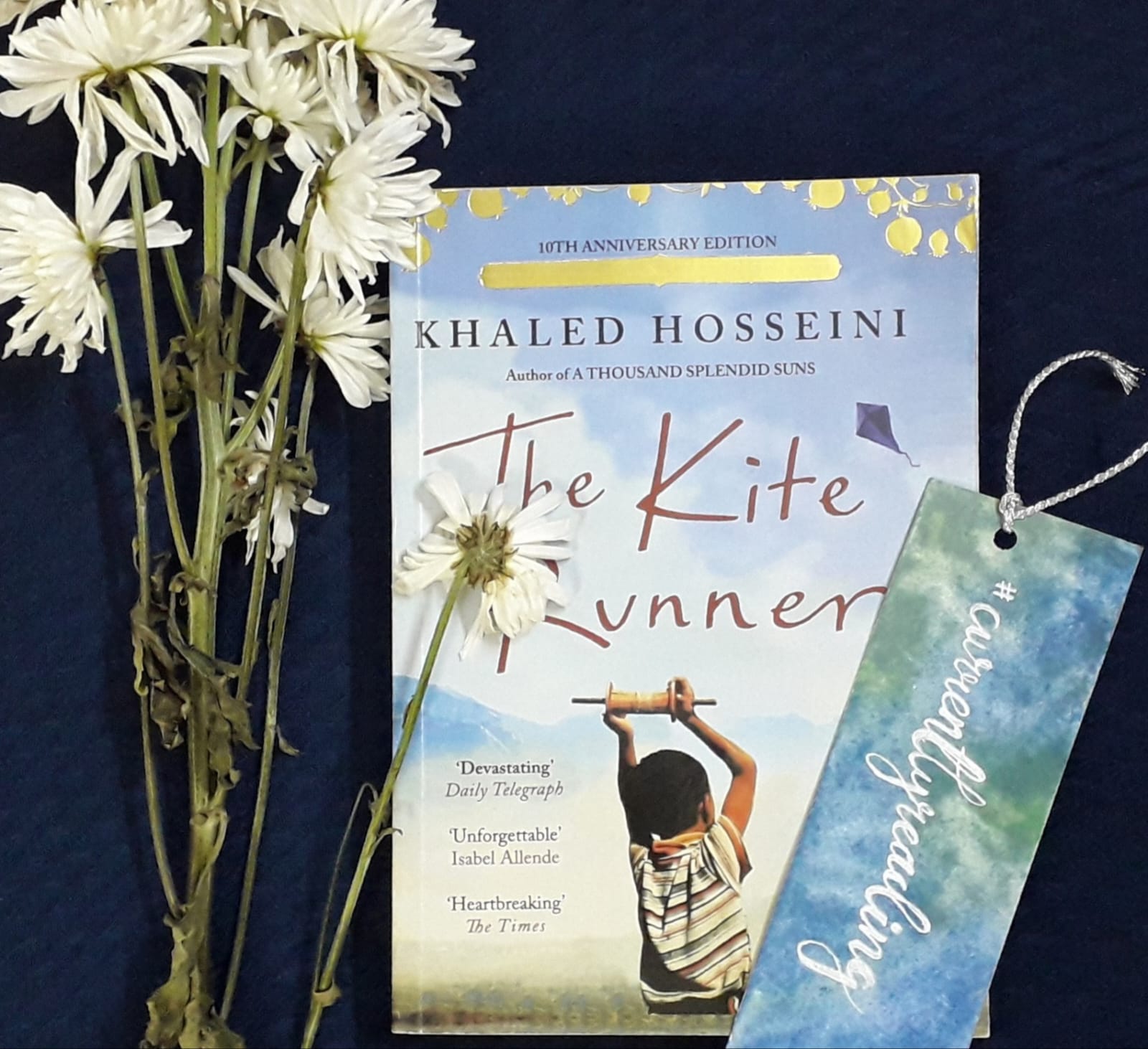The Kite Runner, Khaled Hosseini’s debut novel, is a dramatic and profoundly touching story that examines friendship, treachery, atonement, and the nuanced complexities of father-son relationships. The novel offers a close examination of the psychological toll of political change and the lingering wounds of personal guilt, all set amidst the historical background of a turbulent Afghanistan, from the fall of its monarchy to the emergence of the Taliban. The novel has become an iconic work of literature because of Hosseini’s fascinating storytelling, which has captivated readers worldwide.
The protagonists of the tale are Hassan, a child of his father’s Hazara servant, and Amir, a privileged youngster from a prosperous Pashtun household. The brothers had a strong connection that was developed via playing together and kite flying, despite their noticeable socioeconomic and ethnic differences. But when Hassan endures a vicious assault and Amir, overwhelmed by fear and social pressures, decides to watch in silence, this friendship is inevitably broken by Amir’s betrayal. Amir’s guilt is palpable when he later reflects, “That was a long time ago, but it’s wrong what they say about the past, I’ve learned, about how you can bury it. Because the past claws its way out.”
Hosseini’s depiction of shame and the pursuit of reconciliation is among the book’s strongest points. Amir and Hassan are separated by his silence and subsequent behavior, which results in a lifetime of remorse and self-loathing. Since Amir’s quest to atone for his misdeeds serves as the main plot point, this internal conflict propels the drama. As Rahim Khan tells Amir years later, “There is a way to be good again,” setting him on a path toward redemption.
Amir’s journey has a significant impact because of his tragic and relatable emotional depth. Amir’s determination to put his life in danger to save Hassan’s kid, Sohrab, years later is just one example of Hosseini’s examination of redemption; it goes beyond mere expressions of regret or symbolic actions. This courageous deed demonstrates Amir’s growth and his resolve to make up for past wrongs. When faced with the chance to finally redeem himself, Amir acknowledges, “For you, a thousand times over,” echoing the devotion Hassan once showed him.
The intricacies of father-son relationships are also extensively explored in the book. Amir’s father, Baba, is a tall man whose morals and vibrant demeanor eclipse Amir’s more reserved, reflective disposition. Amir’s sentiments of jealousy and inadequacy are further heightened by Baba’s alleged favoritism for Hassan. As Baba once remarks, “A boy who won’t stand up for himself becomes a man who can’t stand up to anything.” However, as the story unfolds, Baba’s flaws and secrets come to light, challenging Amir’s idealized perception of his father. This revelation underscores the theme of duality—the idea that individuals are often a mix of virtues and flaws—and highlights the importance of understanding this complexity for personal growth and reconciliation.
Hosseini’s evocative depictions of Kabul prior to and during its decline into anarchy are poignant and nostalgic. From the colorful kite-flying contests to the terrifying portrayals of life under Taliban authority, he creates a rich tapestry of Afghan culture. The reader is made more acutely aware of the terrible effects of political unrest on people’s lives by these contrasts.
Additionally, through characters like Hassan and Sohrab, Hosseini sheds light on the systemic discrimination faced by the Hazara minority, as exemplified by Assef’s chilling declaration: “Afghanistan is the land of Pashtuns. It always has been, and always will be. We are the true Afghans, the pure Afghans, not this Flat-Nose here.” This stark portrayal of ethnic prejudice adds another layer of depth to the novel’s exploration of societal injustice.
As a first novel, The Kite Runner is an outstanding accomplishment. The novel is a captivating read for a broad readership because of Hosseini’s lyrical and approachable style. His skill at fusing personal hardships with more significant sociopolitical concerns results in a story that is both personal and universal. Long after they’ve turned the last page, readers will still have a lot to think about because of the topics that are tackled, which include betrayal, atonement, familial ties, and societal injustice. As Amir reflects, “There is only one sin, only one. And that is theft. Every other sin is a variation of theft… When you kill a man, you steal a life. You steal his wife’s right to a husband and rob his children of a father. When you tell a lie, you steal someone’s right to the truth. When you cheat, you steal the right to fairness.” This profound insight encapsulates the moral core of the novel.
To sum up, The Kite Runner is a moving and thought-provoking novel that provides a potent commentary on the intricacies of interpersonal relationships and the long-lasting effects of our decisions. It may not be perfect, but it is a must-read because of its rich storytelling and unvarnished emotional honesty. The Kite Runner is a unique journey worth taking for everyone looking for a tale that will make them reevaluate their viewpoints and feel something.

